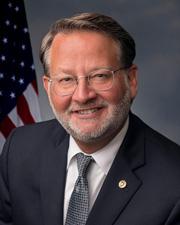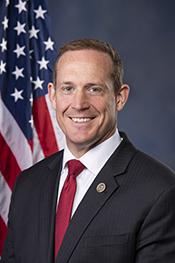6
American Music Tourism Act of 2025
5/27/2025, 2:12 PM
Summary of Bill S 195
One of the key provisions of the Music Tourism Act is the establishment of a Music Tourism Grant Program, which would provide funding to states and localities to support the development and promotion of music-related tourism initiatives. This program aims to boost tourism revenue, create jobs, and showcase the diverse musical heritage of the United States.
Additionally, the bill includes provisions for the creation of a national music tourism marketing campaign, which would be designed to attract both domestic and international visitors to music-related destinations across the country. This campaign would highlight the rich history and vibrant music scenes of cities like Nashville, New Orleans, and Detroit, among others. Overall, the Music Tourism Act aims to leverage the power of music as a cultural and economic driver to boost tourism and support local economies. By promoting music-related attractions and events, the bill seeks to showcase the unique musical heritage of the United States and attract visitors from around the world.
Congressional Summary of S 195
American Music Tourism Act of 2025
This bill directs the National Travel and Tourism Office (NTTO) of the Department of Commerce to promote tourism to music-related and sports attractions.
The bill requires NTTO to promote domestic and international travel and tourism to U.S. music festivals, concert venues, and other music-related attractions and locations. The bill also expands NTTO's current mandate to facilitate sports and recreation events and activities to include the promotion of international travel and tourism to such activities in the United States.
NTTO must report its activities and findings to Congress within one year after the bill's enactment and, thereafter, every two years.
Read the Full Bill
Current Status of Bill S 195
Bipartisan Support of Bill S 195
Total Number of Sponsors
20Democrat Sponsors
0Republican Sponsors
20Unaffiliated Sponsors
0Total Number of Cosponsors
1Democrat Cosponsors
1Republican Cosponsors
0Unaffiliated Cosponsors
0Policy Area and Potential Impact of Bill S 195
Primary Policy Focus
Arts, Culture, ReligionAlternate Title(s) of Bill S 195
Comments

Tru Lang
10 months ago
Hey y'all, just wanted to share my thoughts on this new thing that's happening with music and tourism. I think it's cool that they're trying to bring more attention to American music, but I'm not sure about how it's gonna affect us regular folks. I mean, it's great to promote our culture and all, but I'm worried about how it might change things for me and my friends. Hopefully, it all works out in the end. #AmericanMusicTourismAct2025 #MixedFeelings Short term, this could be a bumpy ride for us.

Carla Perez
7 months ago
This bill is so dumb, like why do we need this? It's just a waste of time and money. I don't see how it's gonna help anyone, especially not me. It's just another way for the government to control us and take our hard-earned money. Who even benefits from this crap? Certainly not me.

Athena Craig
7 months ago
I heard about this new music thing in the US. Not sure how it will impact us. What do you think will happen in the long run?





